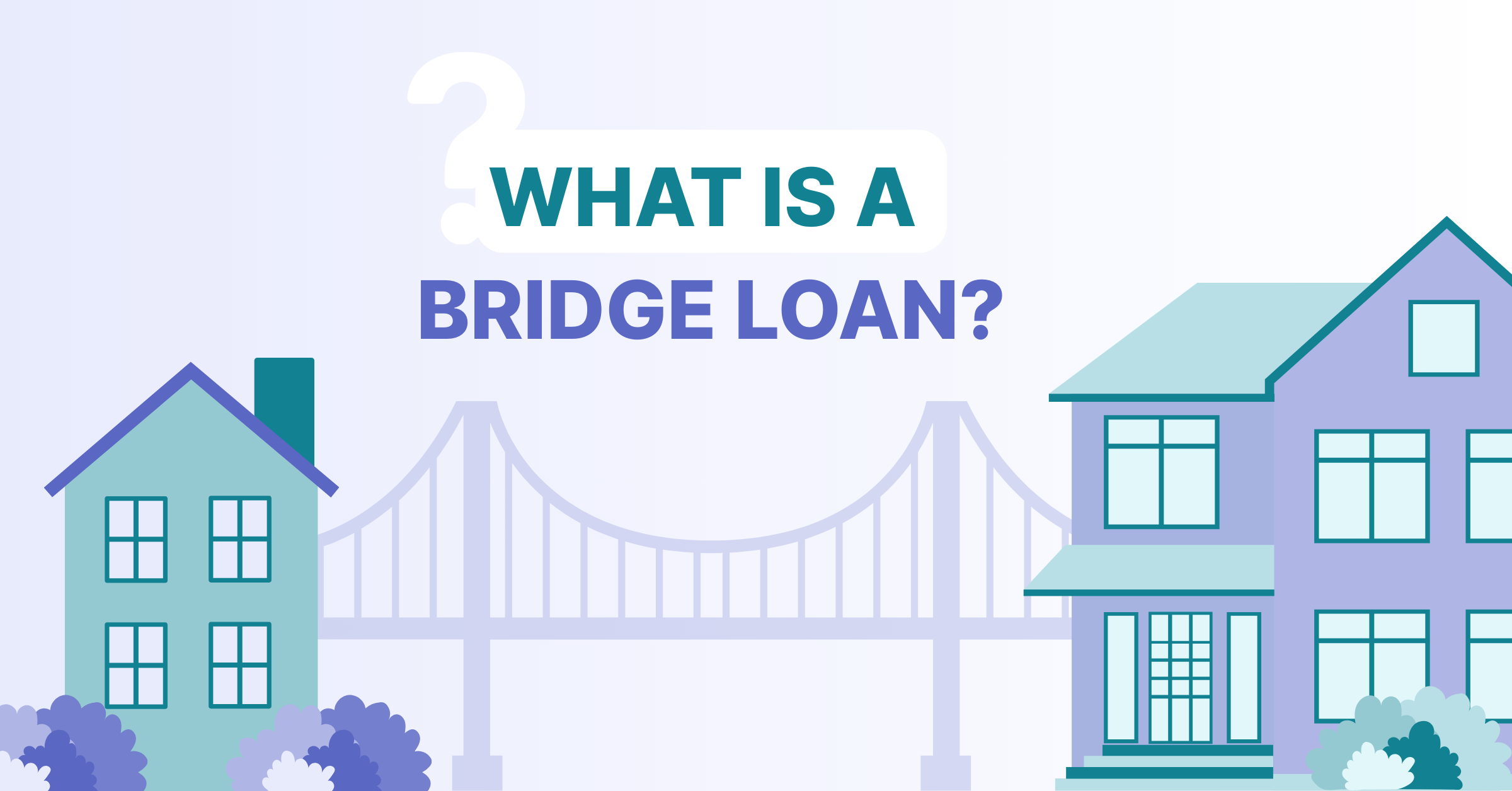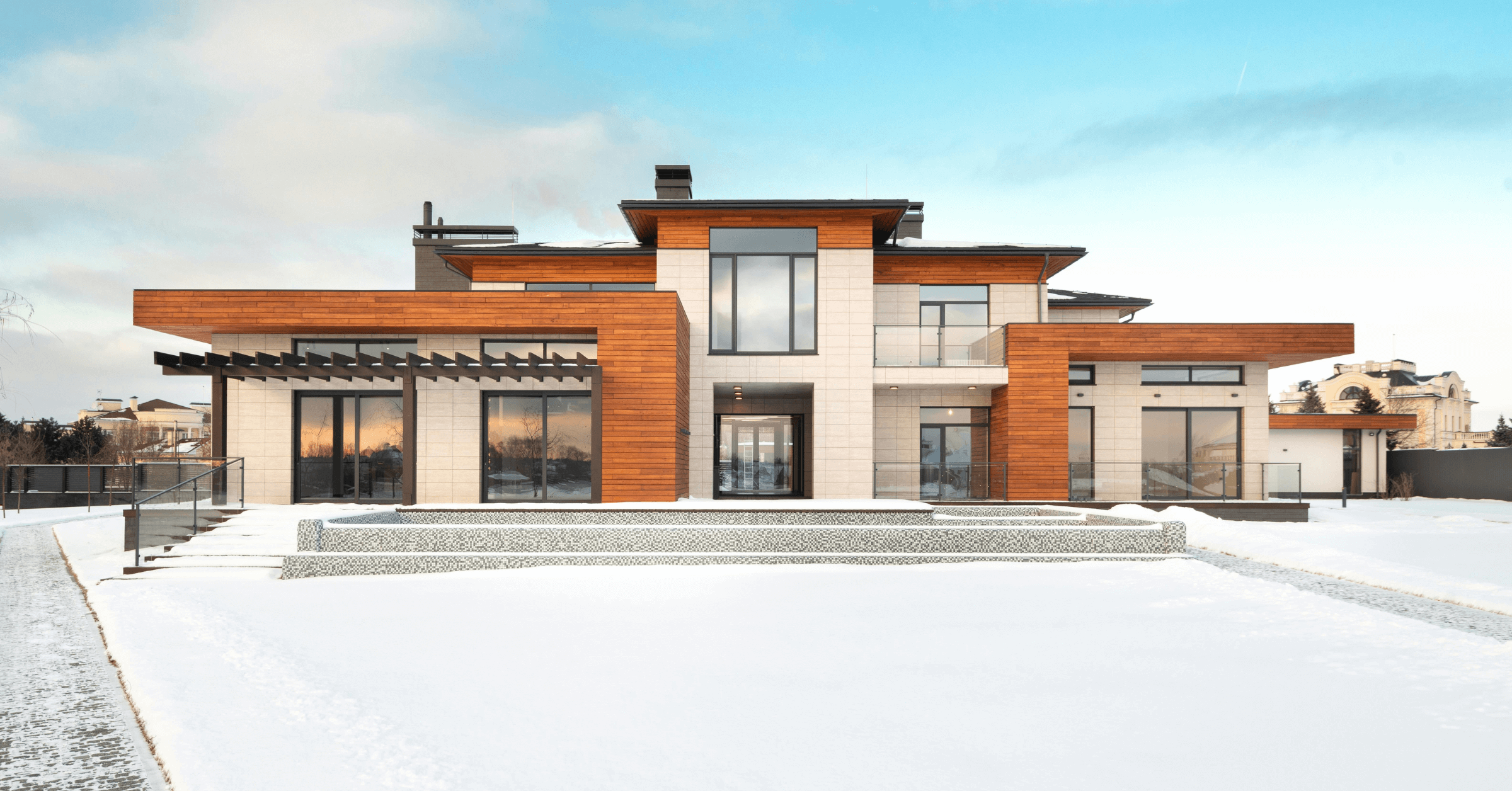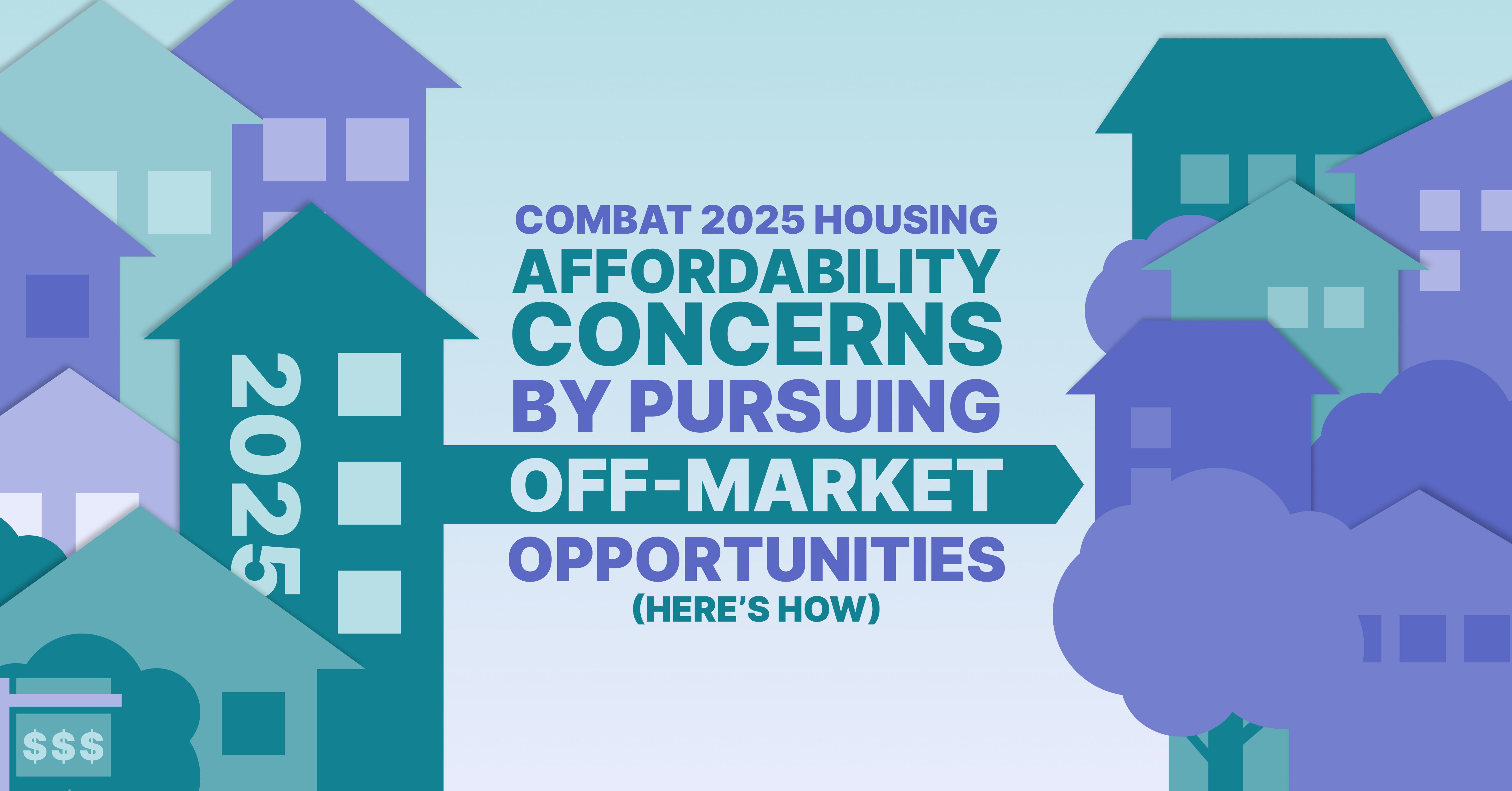Introducing PropStream’s New Estimated Wholesale Value—Powered by PropStream Intelligence™! |
|
Available on property cards (that include PropStream Intelligence™ data), this convenient calculation is based on our AVM machine learning algorithm and offers valuable insight into the amount a wholesaler should aim to secure for the contract. This number helps ensure wholesalers get the most value out of each deal, using 70% of the AI-calculated estimated value to deliver the most impactful and updated estimate. Important Note: This Estimated Wholesale Value does not include the assignment fee or renovations. The calculation is considered a rule of thumb for the maximum never to go past, and the suggested Wholesale Value may vary based on your region. |
Disclaimer: PropStream does not offer investing advice and/or profit promises. This article is for educational purposes only. We recommend doing your due diligence and/or consulting financial professionals before wholesaling real estate.
|
Key Takeaways:
|
As a real estate wholesaler, you may have little overhead (if any). As a result, your profits may mostly depend on how much you charge for your services.
But how much should you charge? Read on to learn the best pricing strategies to maximize your wholesaling returns.
Table of Contents |
What Is Real Estate Wholesaling?
Real estate wholesaling is the practice of putting a property under contract and then assigning that contract to an end buyer (typically another investor) for a fee.
In other words, a wholesaler never invests money into the property itself. They simply find deals for others to whom they sell the right to buy the property. It’s a valuable service many investors are willing to pay for.
But how much are they willing to pay? Or how much can wholesalers charge?
How to Determine a Wholesale Fee
The truth is that wholesale fees vary widely based on your experience and the market.
When you’re just starting, you may be willing to receive only a few thousand dollars per assignment contract (the contract that officially transfers the purchase agreement from you to the investor). As you gain more experience, however, you may charge $10,000 or more. It all depends on what the wholesaling market will bear.
That said, a good rule of thumb is to charge up to 50% of the end buyer’s projected profit. In other words, if you expect a flipper to make $30,000 on a deal you brought to them, you can potentially charge up to $15,000 as a wholesaling fee.
For context, the typical gross profit margin on U.S. homes flipped during Q2 2024 was $73,500. However, this doesn’t account for renovation expenses, mortgage payments, property taxes, and other holding costs. Thus, the net profit will fluctuate due to situational and market conditions.
How to Determine a Purchase Price on a Wholesale Deal
%20(1).png?width=1252&height=834&name=research%20(2)%20(1).png)
Now that you know how to set wholesale fees, what about the purchase price for the house itself? After all, a purchase contract’s value depends largely on whether it favors the buyer. Otherwise, it’s less likely to attract potential buyers’ interest.
The best way to determine an appropriate purchase price is to work backward from the perspective of the end buyer. What’s the maximum price an investor would be willing to pay for a property to be worth their while?
Fortunately, there’s a handy formula you can use to answer this. It’s called the 70% rule.
The 70% Rule
Under the 70% rule, investors should pay no more than 70% of a property’s expected after-repair value (ARV), minus any repair costs.
For example, if an investor expects a distressed property to be worth $500,000 after spending $100,000 on renovations, they should offer no more than $250,000 for it ($500,000 x 0.7 - $100,000).
|
Pro Tip: In some hotter markets, the 70% rule may not apply. We recommend chatting with other local wholesalers to discover what rules they are using when doing wholesaling deals. |
Wholesaler’s Maximum Allowable Offer (MAO)
From there, you can further subtract your wholesaling fee and potential renovation fees to arrive at your maximum allowable offer (MAO) on the property.
To continue the last example, assume local investors expect to make an average net profit of $50,000 on deals like this, and you set your wholesaling fee to $25,000 (50%) as a result. In this case, you’d want to subtract $25,000 from $250,000 (the maximum an investor would be willing to pay for the property) to arrive at your MAO: $225,000.
That way, the purchase price ($225,000) plus your wholesaling fee ($25,000) still fits within an investor’s overall budget (determined by the 70% rule).
| Pro Tip: Use the Rehab Calculator to determine the estimated cost of potential renovations. When used in conjunction with PropStream Intelligence Property Conditions (if available for the subject property), you can get a better estimate of the potential renovations needed. |
Market and Risk Considerations When Setting Wholesale Prices
Of course, many other market and risk factors may influence your pricing.
For example, a local home value decline can tighten investors’ profit margins and force you to lower your wholesaling fees. Otherwise, your markup could make a deal unprofitable and thereby price out potential investor clients.
Similarly, if your market is oversaturated with other wholesalers, you may need to lower your fees to remain competitive. Otherwise, you run the risk of losing business to other wholesalers willing to work for less.
The key is to charge enough to make a good return on your time and effort but not so much that you deter potential customers.
5 Tips for Maximizing Your Wholesaling Profits
Here are some tips for securing the best purchase prices and wholesaling fees:
- Develop a buyer network. Build strong relationships with local investors who need help finding deals. Learn what they are looking for in a property in terms of physical condition, price range, size, etc.
- Research the market. Gain a deep understanding of local home values, repair costs, and supply and demand trends. The more you know, the better you’ll be able to price potential investments.
- Find off-market deals. Contacting motivated sellers before they publicly list their property for sale can help you secure discounts for your clients since there’s less buyer competition.
Psst: Use PropStream to find off-market deals!
- Master negotiation. Once you’ve found a seller, be prepared to negotiate purchase terms. Emphasize your ability to close quickly or with cash, which can often justify a lower offer price. That way, you can maximize the end buyer’s and your profits.
- Build a strong reputation. The more successful deals you close, the more pricing leverage you can gain, as each deal strengthens your reputation and gives you a clearer picture of what wholesaling fees your network will bear.
Use PropStream to Find Real Estate Wholesaling Leads and Easily Determine an Estimated Wholesale Value
Ready to take your wholesaling career to the next level? Whether you’re a total beginner or a seasoned pro, PropStream can help you quickly find wholesaling leads.
Our database of over 160 million property records and 165+ search filters makes it easy to find motivated sellers and off-market opportunities to put under contract.
Plus, our new formula, Estimated Wholesale Value, makes determining the best wholesale value quick and easier than ever before!
Sign up today for a free 7-day trial!
Frequently Asked Questions (FAQs)
What is real estate wholesaling?
Real estate wholesaling is the practice of putting a property under contract and assigning that contract to an end buyer for a fee.
How much can I realistically charge for a wholesale deal?
It depends on market conditions and your experience level. However, wholesalers can generally charge up to 50% of the end buyer’s expected profit.
Do I need a real estate license to wholesale properties?
Generally, no. However, some states may have specific regulations regarding wholesaling real estate. Consult a local legal professional to learn more.
What are the biggest mistakes first-time wholesalers make?
The biggest mistakes first-time wholesalers make include underestimating renovation costs, setting unrealistic wholesaling fees, and not building a strong buyer network.
How can PropStream help me find and evaluate potential wholesale deals?
PropStream provides an Estimated Wholesale Value as well as additional data for real estate comparables and various property valuation methods so you can set competitive purchase prices and wholesale fees. We also have a Rehab Calculator to help you estimate renovation costs.
Subscribe to PropStream's Newsletter



